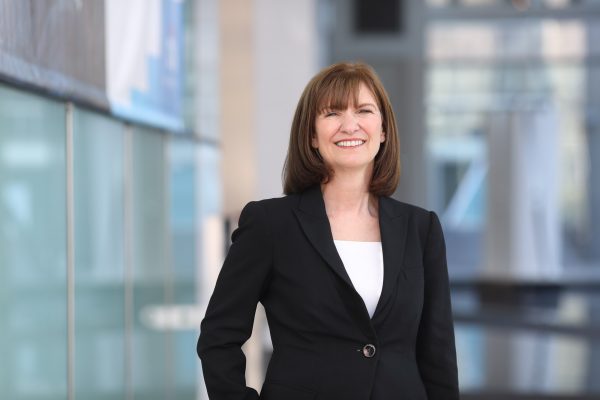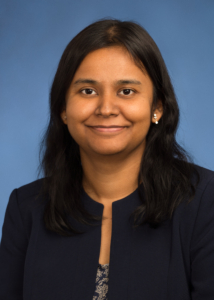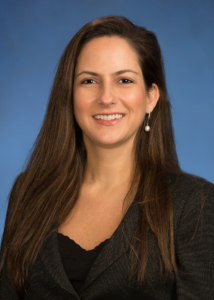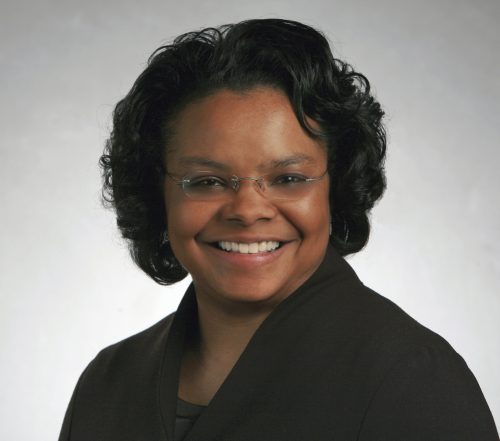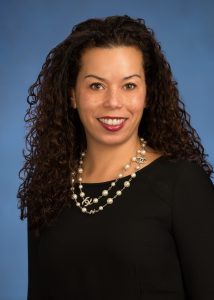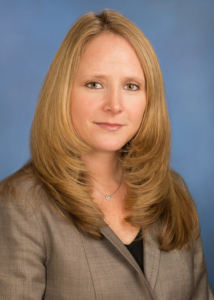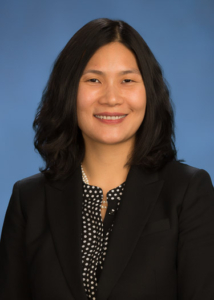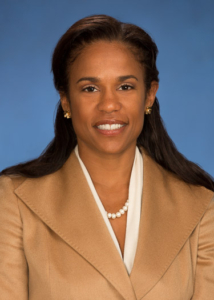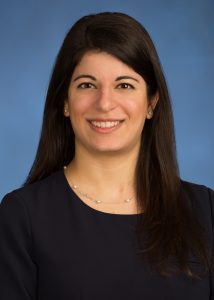By Cathie Ericson
Don’t be afraid to take risks, especially when you’re young, says Citibank’s Debra Stabile.
“The world is changing so fast that being willing to try new things, even those outside of your comfort zone, is the key to continuing to move forward,” she says, recommending that you stay curious and always open to challenging yourself.
“It is easy to access materials that can help you self-educate on any topics you want to explore, but people also love to talk about their own areas of passion so connect with others whenever you can,” she says.
That, along with being open to candid feedback, can help propel your career. “Asking for feedback is vital – ask at the right time, and seek input from your peers as well as your boss.” For example, she suggests inquiring if there was anything you could have done better in an important meeting. “If they really care about you, they are going to give you constructive feedback to help identify blind spots,” she says. And then, she adds, accept the comments without rationalization and learn from them to always be improving your career.
Building Teams and Solving Problems Keeps Her Engaged
A willingness to try new things underscores a career path that Stabile calls “interesting and fulfilling,” encompassing fields from consulting to government and finance. Each role presented new challenges and insights; she appreciated her experience in consulting firms for the birds-eye view it gave her into a wide variety of companies, and her early experience with the City of New York made her a better citizen as she realized that you really can make a difference even in a city as big as New York. For the past 20 years she has been in financial services, 13 of them at Citi.
Despite all her professional success, she says the achievement she’s most proud of so far is the teams she’s built and the people she’s worked with. “When you look back at what matters, it’s not only about making a difference in your job, but also about enjoying the people you work with every day. I’ve been very fortunate to build and nurture successful teams and launched many of them to bigger roles and seniority in their respective organizations,” she says. In certain fields, she notes, such as being a teacher or doctor, you know you’ve made a difference, but it might not be as obvious in a corporation until you realize the impact you have. “You don’t impact just your employee, but also their families, and if they can come to work and feel respected and successful, you can feel that you’re contributing in a larger role.”
With a background in math and economics, Stabile loves problem solving so she finds it an amazing time to be in the industry, where analytics and quantitative methods have become even more foundational to everything they do in risk management. She says the environment today is a quantum leap from where they’ve been before, with the access to a more granular and diverse set of data — a plethora of information about consumers that enable them to make better decisions in real-time.
Stabile and her team at Citi Retail Services leverage these data sources to develop advanced analytic models and other capabilities to more effectively identify, assess and manage risk for their retail partners and customers.
Women Supporting Women
As more women enter the industry, Stabile hopes that the focus on STEM fields will continue to help make women today more comfortable and eager to take advantage of this vibrant career path. “It’s critical at all levels for women to support each other and share opportunities when they see them – to be inclusive,” she says. “Women are becoming much more proactive in recognizing we need to pull each generation up.”
Stabile has benefited from the Citi Women’s Leadership Development program which is attended by middle and upper management and provides coaching by external career development experts as well as internal senior executives. She has also been fortunate to be part of a supportive women’s network outside of Citi — the MIT Sloan Women of New York. A board member since its inception, she has helped organize a number of women’s events, including the first MIT Sloan Global Women’s Conference which was held in New York last October.
With three daughters, two of whom are engineers and one an economist, there is no doubt Stabile is doing her part to help build the female pipeline. The family loves to travel, especially to areas that have a historical or cultural bent.

